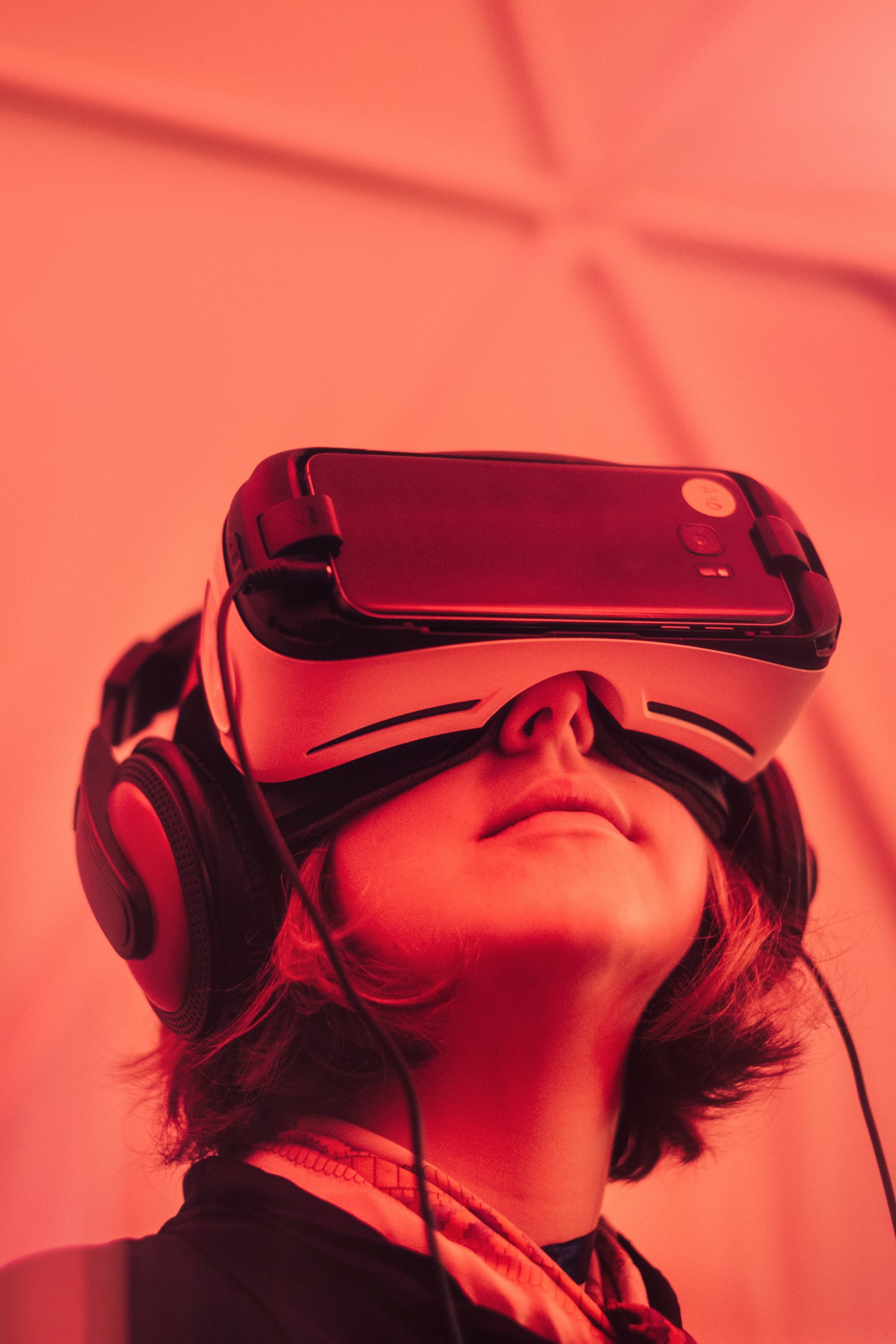China has an estimated 173 million adults with mental illness, and over 90% of them have never sought treatment. Venture-backed psychotherapy, mindfulness and mental health start-ups have exploded since 2014, anxious to fill in the gaps to enable accessible and affordable solutions.
MyTherapist, a Chinese mobile platform that connects psychotherapists and clients, found in a 2016 report on mental health awareness that the number of online psychological counseling service providers had surged from one before 2014 to 64 in 2016.
Some companies, like psychology media platform Yixinli, have received millions of dollars in funding, and almost all are leveraging the power of mobile apps and social platforms like WeChat for everything from booking psychotherapy appointments to answering individuals’ questions. An increasing number of companies aspire to use cutting-edge technologies like virtual reality to overcome stigma by developing a more objective diagnosis.
“Virtual reality enables people to totally control the environment. By testing one’s body movement and biofeedback data in a certain environment, we know exactly how they respond, so we can shift from subjective and experience-based diagnoses to a high degree of standardization, driven by data and evidence,” says Cognitive Leap’s cofounder Shan Zhong.
The company has developed a system to record clinical variables in a virtual classroom, and is tapping into the Chinese market by providing ADHD diagnosis and treatment, with a forthcoming collaboration with Shanghai Mental Health Center.
The novelty of virtual reality experience has an advantage in getting people to seek care. “The first impression is not about mental health stigma, but about how much fun it is. We’ve seen this in both China and the U.S.,” says Jack Chen, founder and CEO of Cognitive Leap.
Chinese clinicians welcome new technologies with open arms, more than their American counterparts, Zhong notes. This is similar to China’s leapfrogging over many developed countries in other digital technologies, such as mobile payments.
VR’s effect on mental health disorders is still being examined, but tech companies have their eyes on collecting prevalence and treatment data to offer more targeted products. “Because of China’s huge population, using best technologies for testing and intervention may find scalable solutions to solve mental health problems in China,” Zhong says.
Originally published at journal.thriveglobal.com


